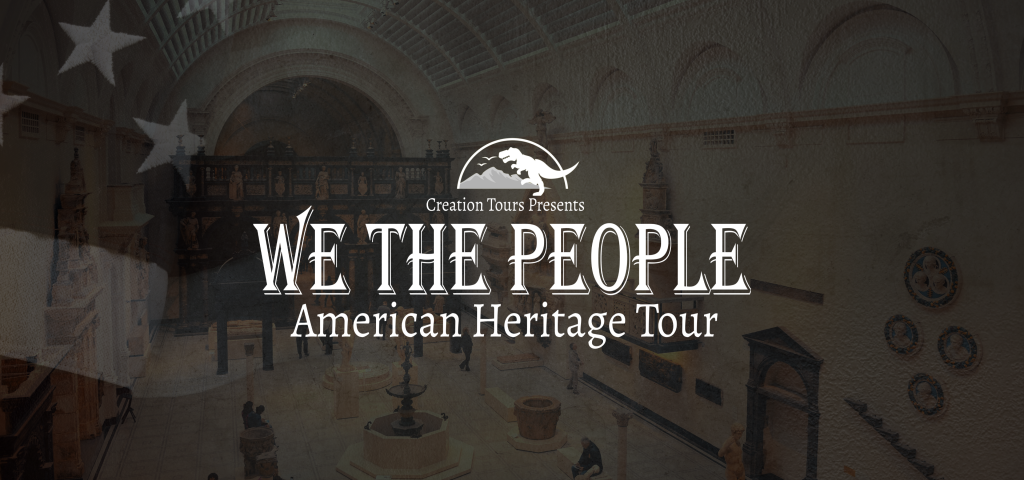SeanMcDowell.org
For the past two decades, I have been speaking, teaching, and writing to students about the importance of defending their beliefs. While students certainly respond differently to apologetics, I have personally seen many students transformed by knowing why they believe as they do. Nevertheless, some people still ask, “Why bother?”
Below are five quick points about why teaching apologetics to students is so critical today:
1. Apologetics gives students confidence. Many students claim to believe in Jesus, but only a minority of these students can articulate good reasons for why their beliefs are true. Yet when students learn good evidences for the Bible, solid reasons for the existence of God, and how to respond to tough challenges to the faith, they gain confidence in their beliefs. I have seen the faith of many of my own students grow considerably when they are properly trained in apologetics.
2. Apologetics helps students hold on to their faith. There are many different kinds of reasons students disengage the church (moral, volitional, existential, relational, etc.). For instance, in a study of college-age skeptics, many cited an emotional experience as pivotal in driving them away from the faith. And yet studies also show that young people have genuine intellectual questions. And when they are not answered, many leave the church. In You Lost Me, David Kinnaman cites six reasons young people often disengage the church. Almost all of them have an apologetics-related angle. Personally, I regularly hear stories about how my father’s books (and occasionally my own) helped people hold on to their faith when they were younger.
3. Students have genuine apologetics-related questions. Whenever I travel and speak around the country, I try to have a question-and-answer period where students can ask me anything they want about God, other religions, ethical issues and more. Unsurprisingly, the most common questions I get are apologetics-related, including tough questions like the problem of evil or hell, ethical issues such as homosexuality, and questions related to the Bible and the historical Jesus. Sure, apologetics questions aren’t often at the forefront of students’ minds. But given the right relationship and circumstances, students have genuine apologetics questions for which they want answers. This is true for both Christians and non-Christian students.
4. Everyone is an apologist anyways. Apologetics is not listed as a spiritual gift for teachers, preachers, or evangelists. Rather, all Christians are called to be ready with an answer (1 Peter 3:15; Jude 3). In fact, everyone is really an apologist. As C.S. Lewis pointed out, the question is not if we are apologists, but the kind of apologists we are. All of us are making a case for Christianity in some fashion or another. The key question is whether we are doing it well. Os Guinness says it well, “From the shortest texts and tweets to the humblest website, to the angriest blog, to the most visited social networks, the daily communications of the wired world attest that everyone is now in the business of relentless self-promotion–presenting themselves, explaining themselves, defending themselves, selling themselves or sharing their inner thoughts and emotions as never before in human history. That is why it can be said that we are in the grand secular age of apologetics” (Fool’s Talk, 15-16).
5. Students need to see that Christianity is objectively true. We live in a culture where moral and religious claims are often relegated to matters of personal preference rather than objective truth. High percentages of young people claim to be moral relativists. Ever heard a young person say, “That may be true for you, but it’s not true for me”? Students may say this about religious claims and moral values, but rarely (if ever) about math or science. Why? Because, as Nancy Pearcey has shown in her masterful bookTotal Truth, many have unwittingly bought into the secular worldview that defines faith as a matter of feeling and experience in opposition to fact and reason. Apologetics training helps students see that there is an objective truth that can be known. Students with apologetics training can begin to realize that Christianity is not about bending the Bible to their preferences, but bending their wills to God’s reality. This is where true freedom is really found (John 8:32).
Students need apologetics training today more than ever before. Of course, our ministry to young people should involve much more than apologetics training. But it must involve no less.
Sean McDowell, Ph.D. is a professor of Christian Apologetics at Biola University, a best-selling author of over 15 books, an internationally recognized speaker, and a part-time high school teacher. Follow him on Twitter: @sean_mcdowell and his blog at seanmcdowell.org.


